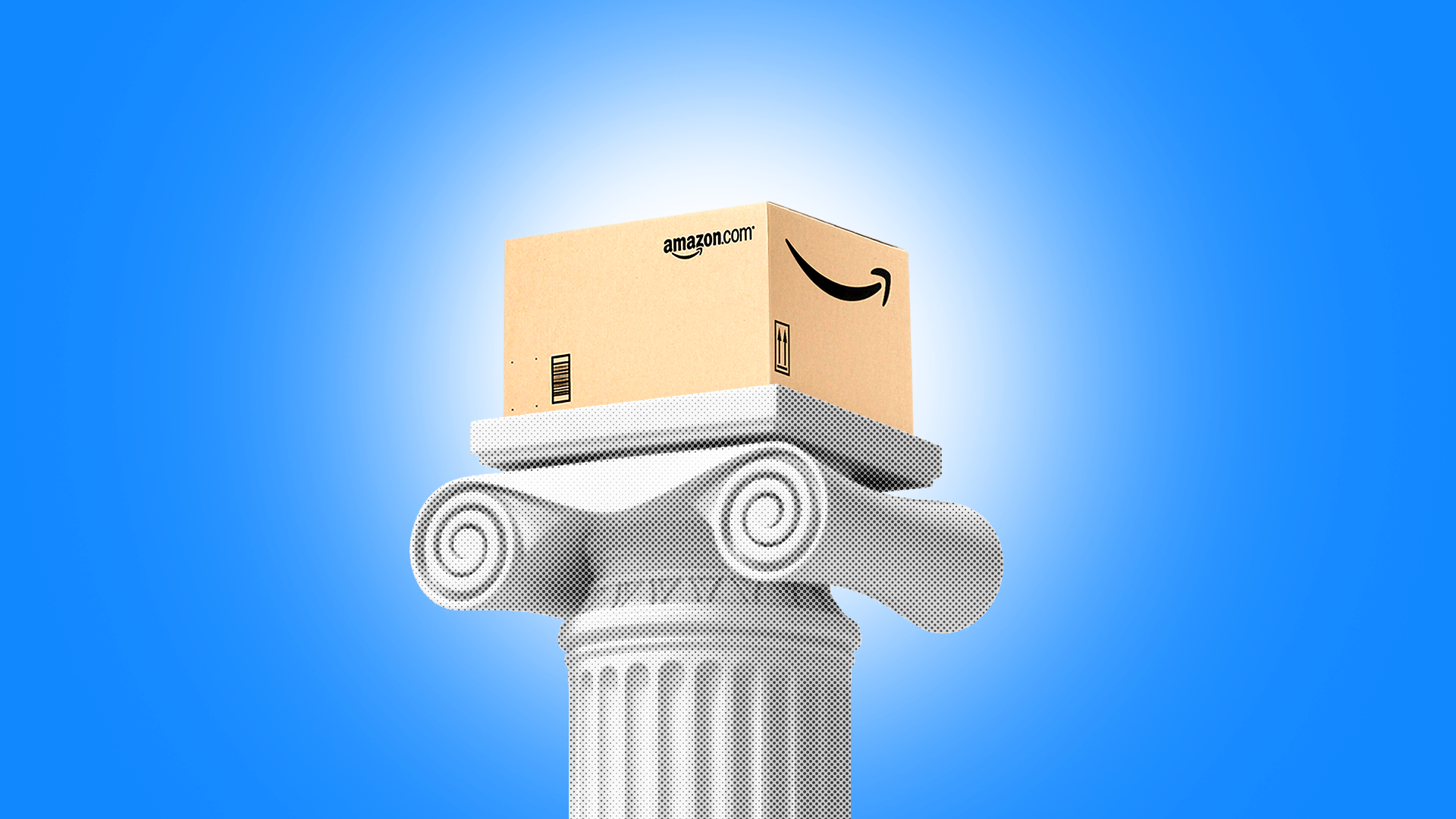Sep 4, 2018 - Technology
Amazon's unstoppable stock
Add Axios as your preferred source to
see more of our stories on Google.

Illustration: Rebecca Zisser/Axios
Add Axios as your preferred source to
see more of our stories on Google.

Illustration: Rebecca Zisser/Axios